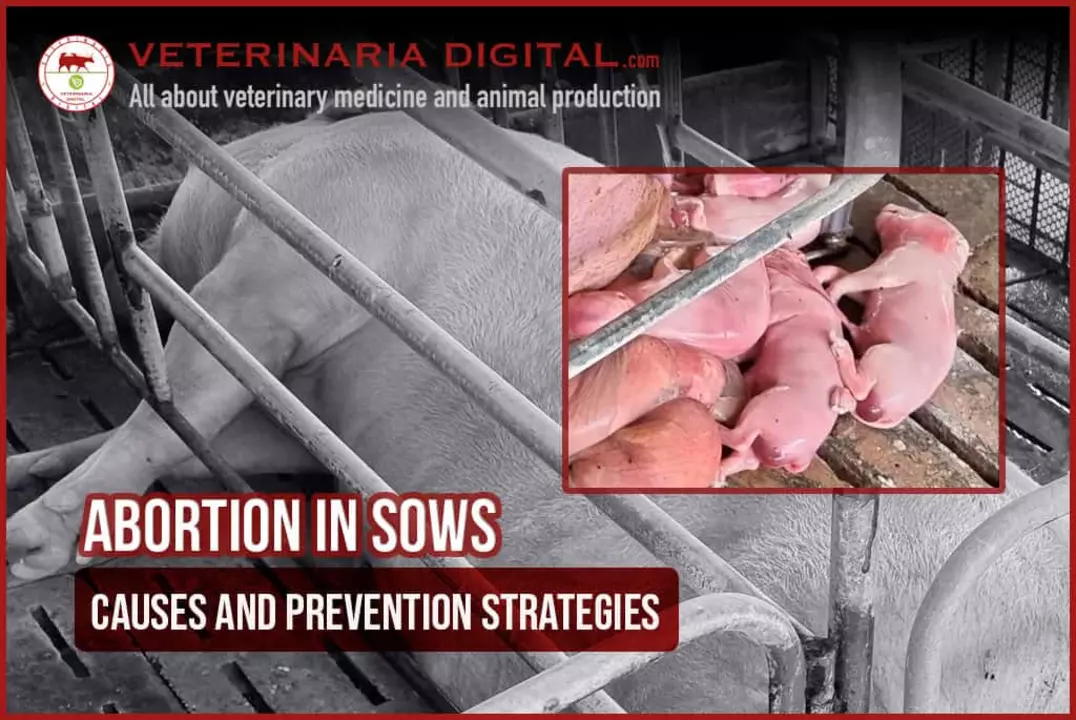Understanding Animal Abortion: When and Why Veterinarians Perform Abortions
Abortion in animals is a complex and often controversial topic. When it comes to deciding whether or not to terminate a pregnancy in an animal, veterinarians must consider the potential risks and benefits for both the animal and the animal’s owner. In some cases, an abortion may be the best course of action for the health of the mother and the health of the unborn animal. In other cases, it may be more humane and ethical to give the unborn animal a chance at life.
When Is an Animal Abortion Necessary?
Veterinarians may perform abortions in animals in a variety of situations. In some cases, the mother may be suffering from a medical condition, such as pyometra, that could be life-threatening if not treated. In other cases, the mother may have an infection or a genetic disorder that could cause serious medical complications for the unborn animal. In these situations, an abortion may be the best option to protect the health of the mother and the unborn animal.
In some cases, an animal abortion may be performed for population control. For example, if a large number of animals are being kept in a small space, an abortion may be necessary to prevent overcrowding and ensure the health and well-being of the animals. Similarly, if the animal population in a certain area is growing too quickly, an abortion may be necessary to keep the population in check.
In rare cases, an animal abortion may also be performed if the animal is carrying a fetus with a serious birth defect or genetic abnormality. In these cases, an abortion may be necessary to prevent the unborn animal from suffering from a serious medical condition.
Why Is the Decision to Abort Difficult?
The decision to terminate a pregnancy in an animal is a difficult one, as it involves weighing the potential risks and benefits for both the mother and the unborn animal. In some cases, veterinarians may decide that an abortion is the best course of action, while in other cases they may decide that it is more humane and ethical to allow the unborn animal to develop and be born. Therefore, veterinarians must make a careful and informed decision when determining whether or not to perform an animal abortion.
Additionally, there are ethical considerations to take into account when deciding whether or not to abort an animal. For example, some people believe that all animals should be given the opportunity to live and that it is wrong to terminate a pregnancy in an animal. Therefore, veterinarians must take into account the potential ethical implications of performing an animal abortion before making a decision.
What Are the Risks of an Animal Abortion?
As with any medical procedure, there are potential risks associated with animal abortion. These risks include infection, bleeding, and other complications. Additionally, there are psychological risks associated with animal abortion, as the mother may experience physical and emotional distress as a result of the procedure.
Therefore, veterinarians must carefully consider the risks and benefits of an animal abortion before making a decision. They should also discuss the risks with the animal’s owner and provide them with all the necessary information to make an informed decision.
Exploring the Implications of Animal Abortions: What Veterinarians Should Consider
Animal abortions, or the procedures that terminate a pregnancy in animals, are a complex issue for veterinarians. It requires a nuanced approach to euthanasia and reproductive care that often comes with difficult decisions. Animal abortions carry a range of implications, both physical and psychological, for the animal as well as for the veterinarian.
The decision to terminate a pregnancy in animals should always be made carefully, as it can have serious consequences. On the physical side, a pregnant animal may experience health risks from undergoing the procedure. The animal may also suffer from psychological effects, such as depression or anxiety, due to the loss of the unborn offspring. Additionally, there are potential legal and ethical implications that must be considered.
When deciding whether an animal abortion is necessary, veterinarians should assess the health of the animal and the risks associated with the procedure. It is important to note that not all animal abortions are medically necessary. Some are performed for convenience or financial reasons, which can be ethically questionable. Veterinarians should take the time to discuss the pros and cons of the procedure with the animal’s owner before making a decision.
It is also important to consider the potential psychological effects of animal abortions. Animals may experience grief and depression in response to the loss of the unborn offspring. Veterinarians should be prepared to provide support and counseling for the animal’s owner, as well as for the animal itself. Additionally, it is important to consider the potential legal implications of performing an animal abortion. Depending on the laws in the area, the procedure may be considered animal cruelty, and the owner and veterinarian may be liable for any resulting punishment.
Animal abortions are a difficult and complex issue, and they come with a range of implications that must be considered. Veterinarians must weigh the risks and benefits of the procedure and make sure that the decision is in the best interest of the animal and its owner. They should also be prepared to provide emotional and legal support for the animal and its owner, should any be necessary.
